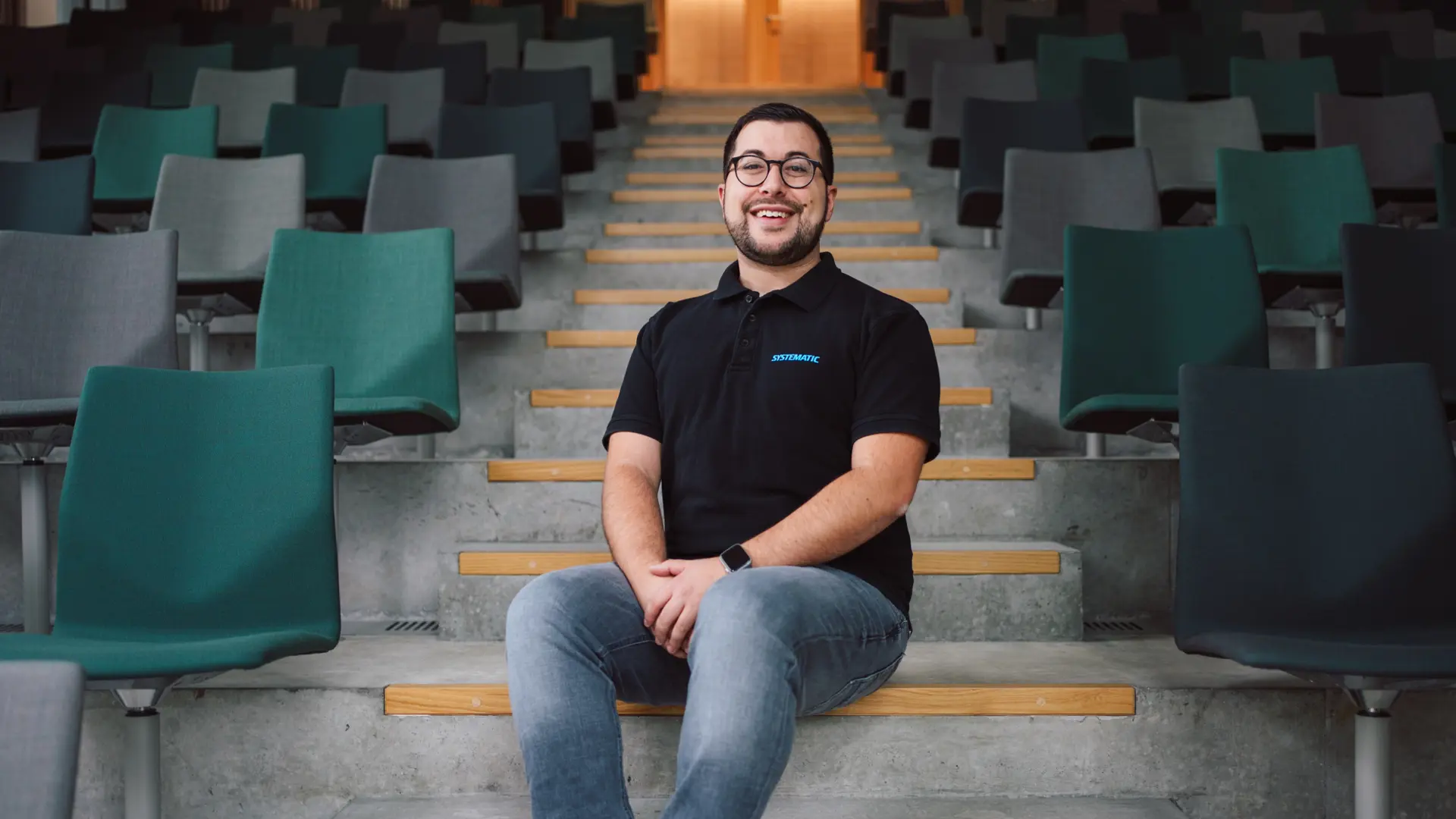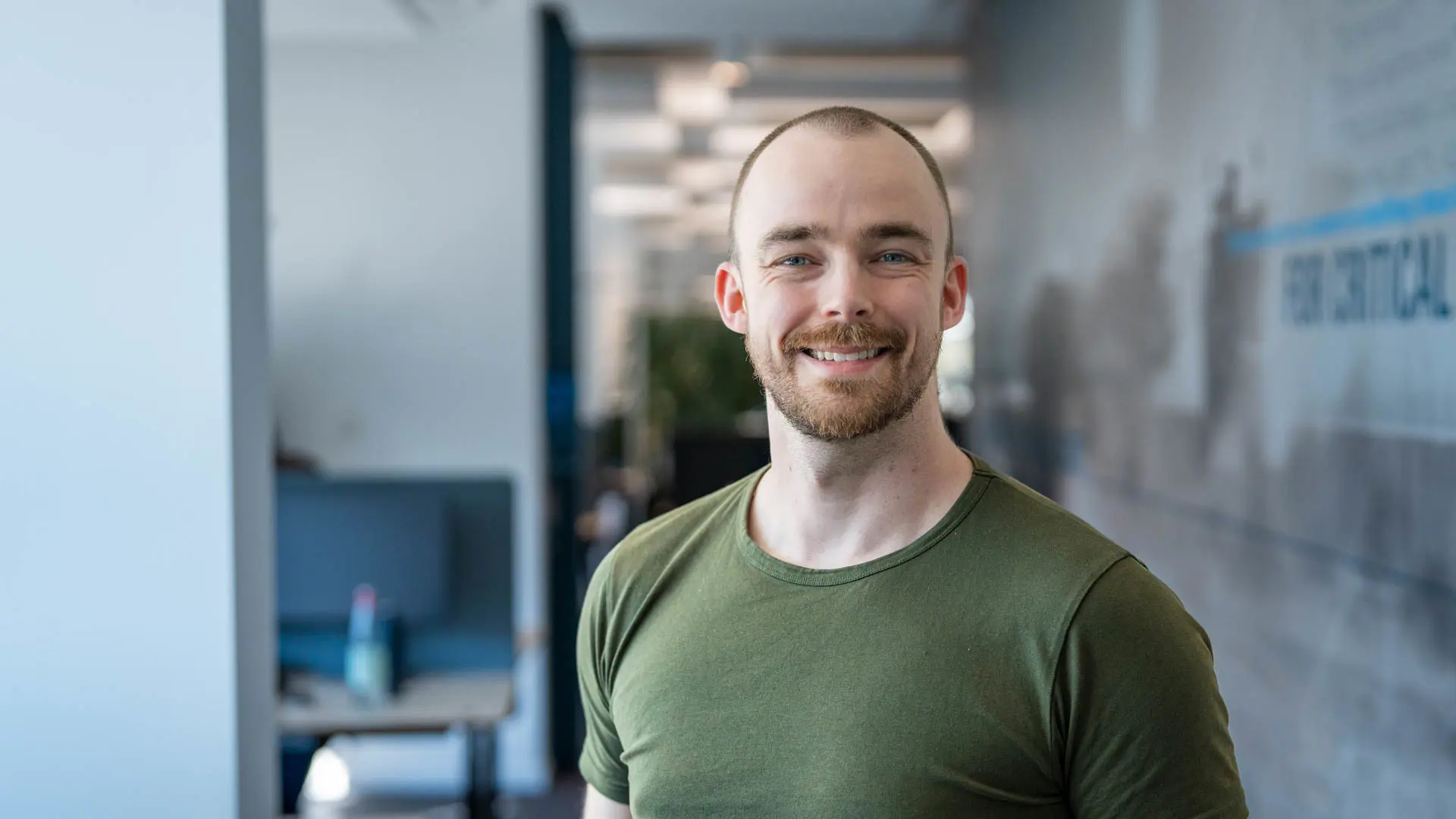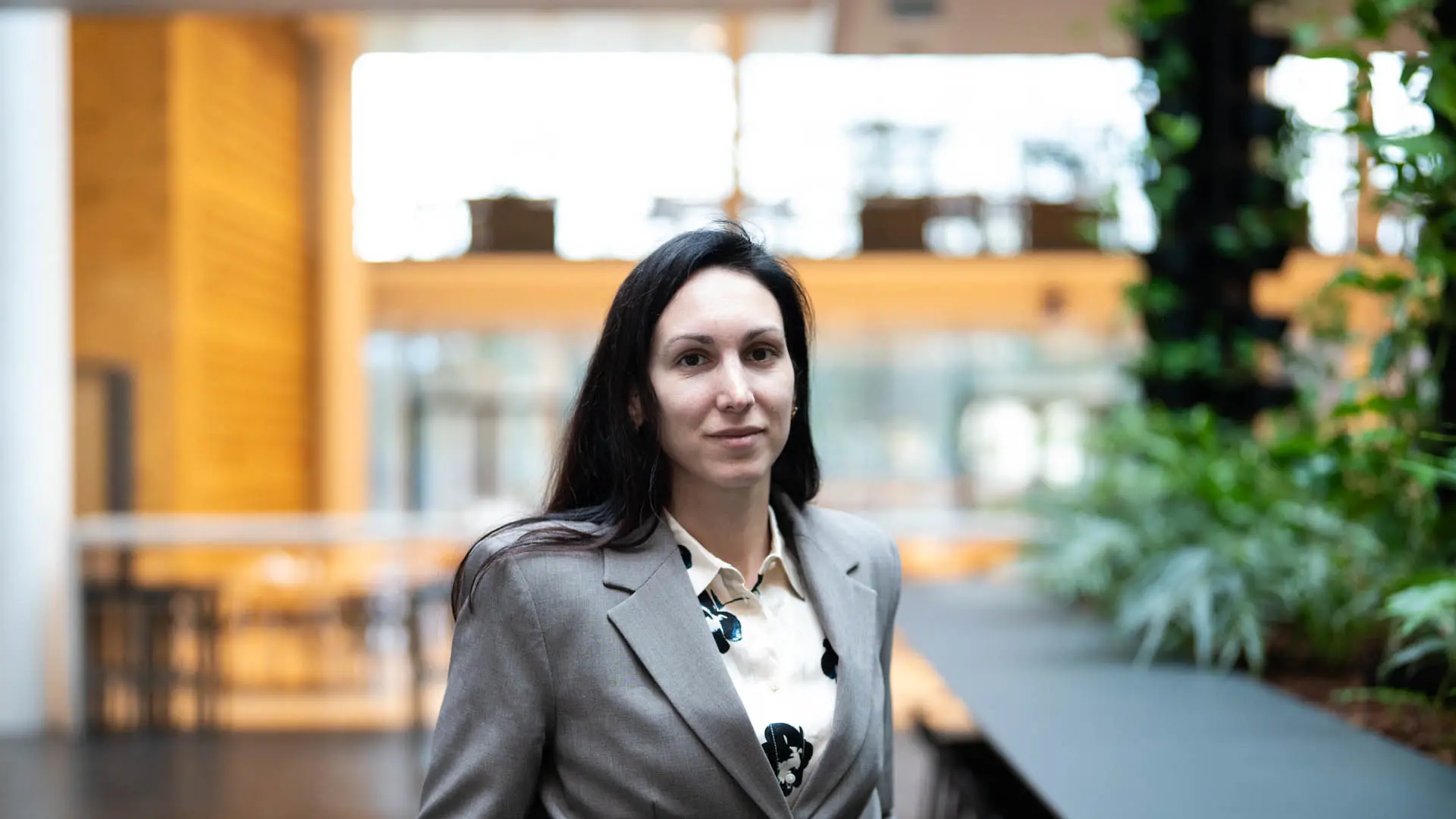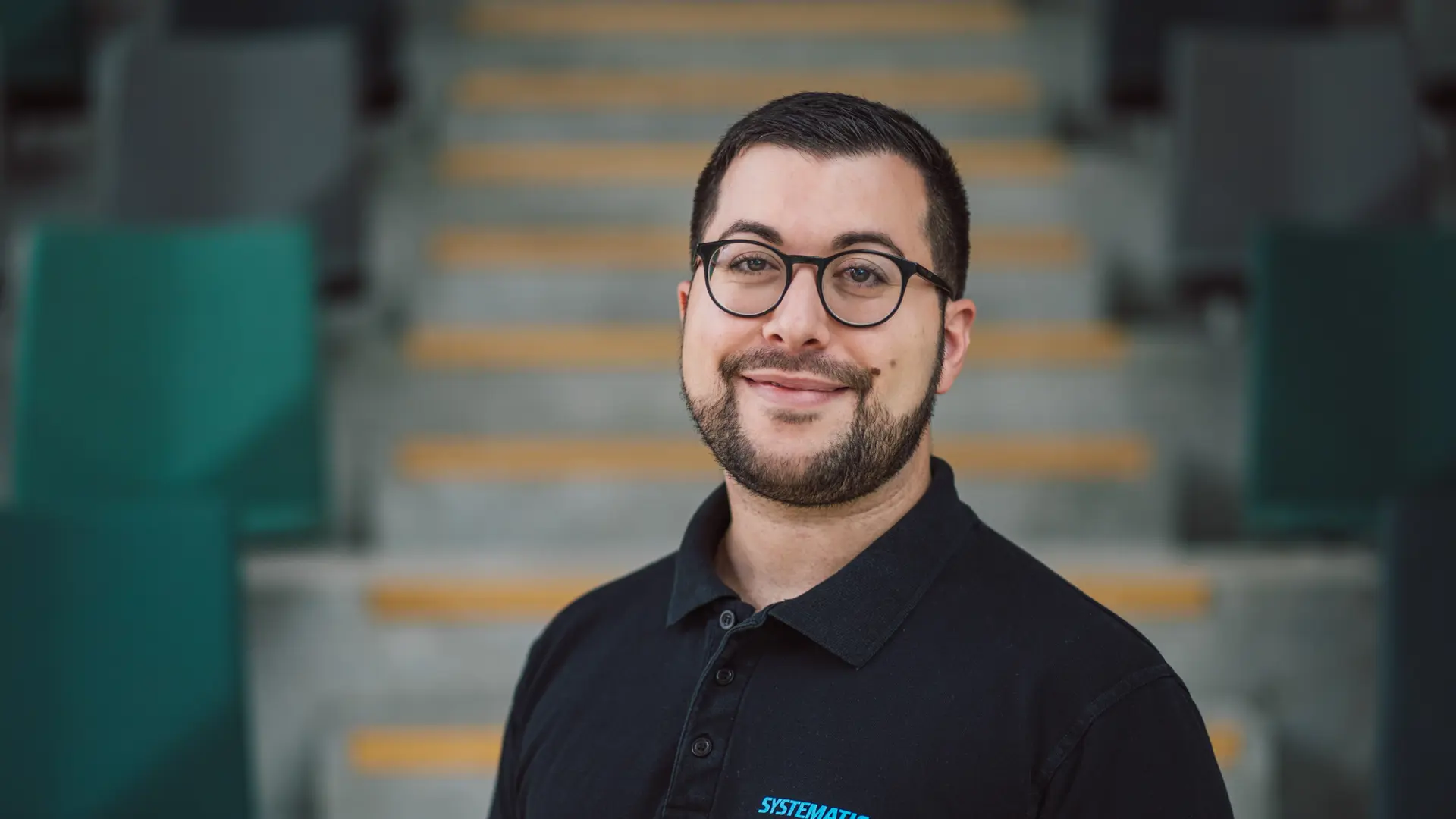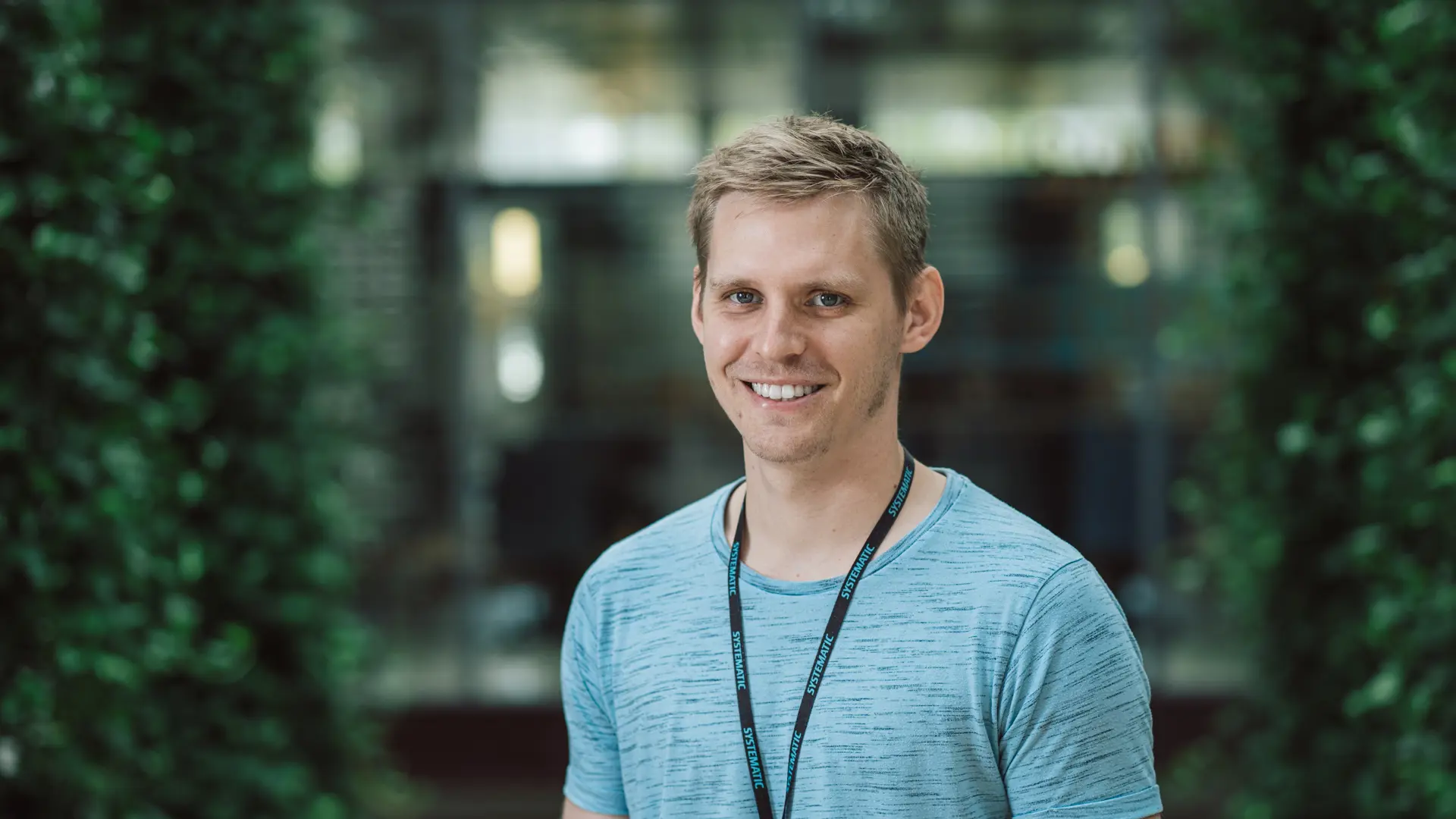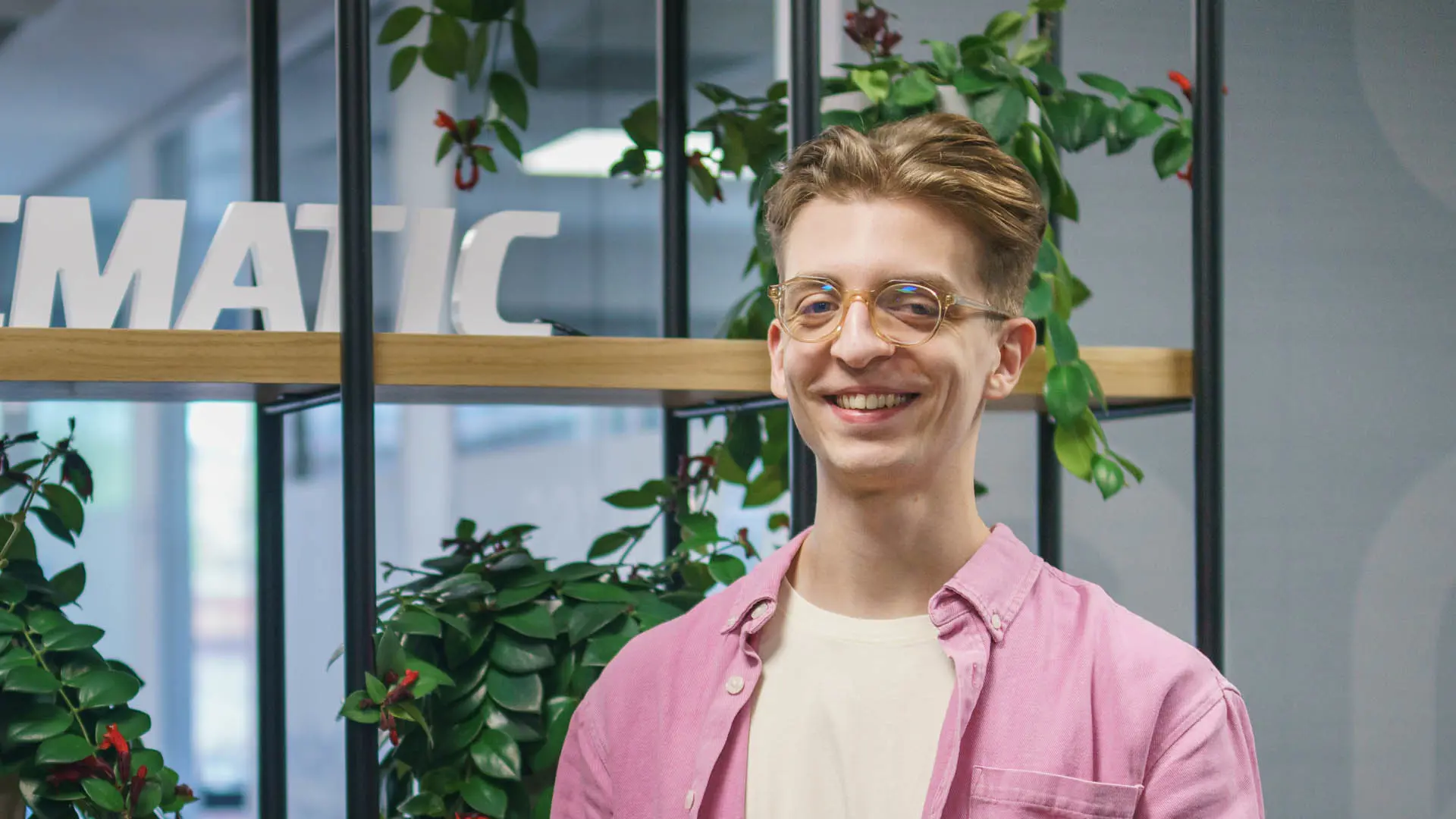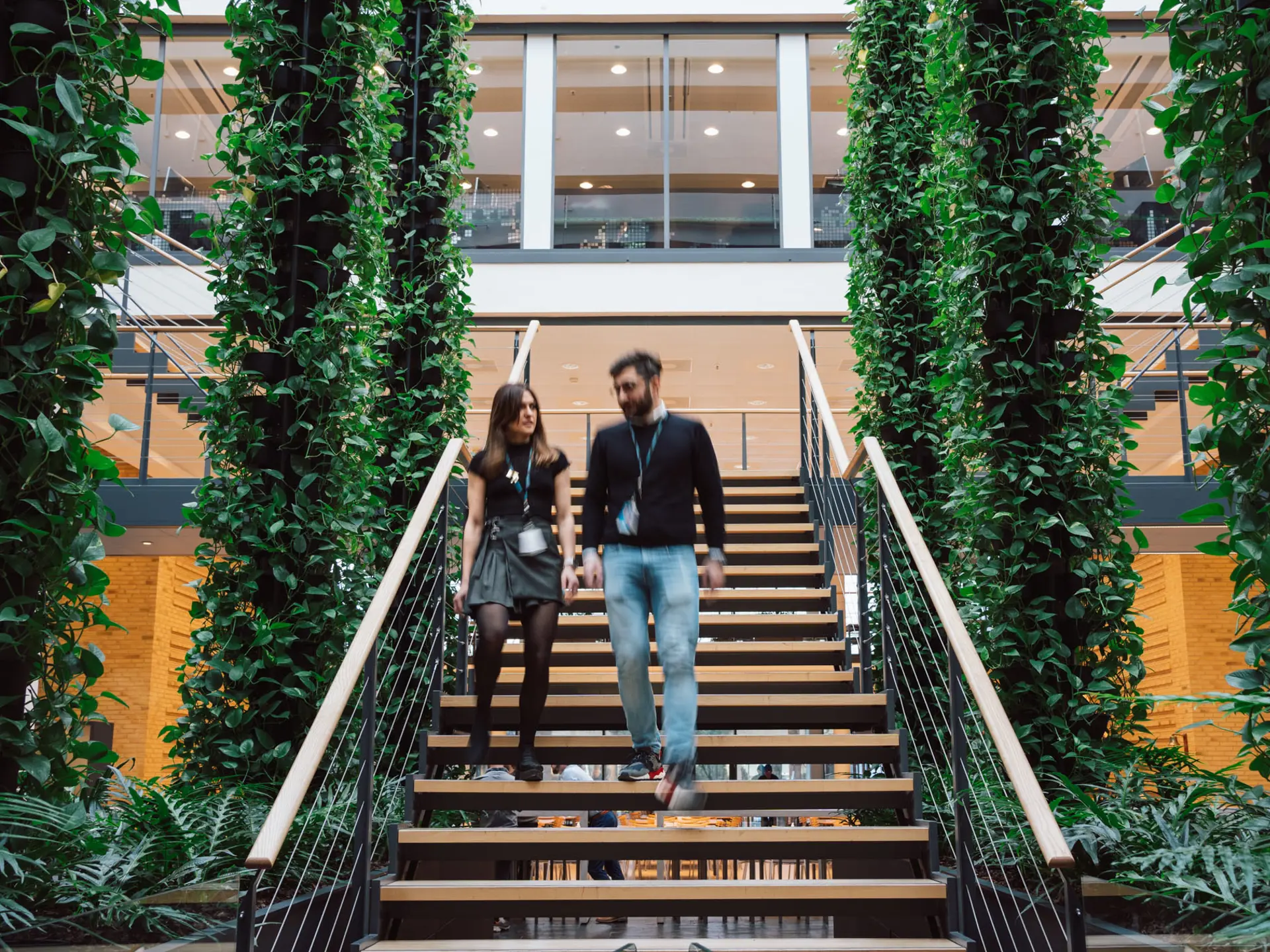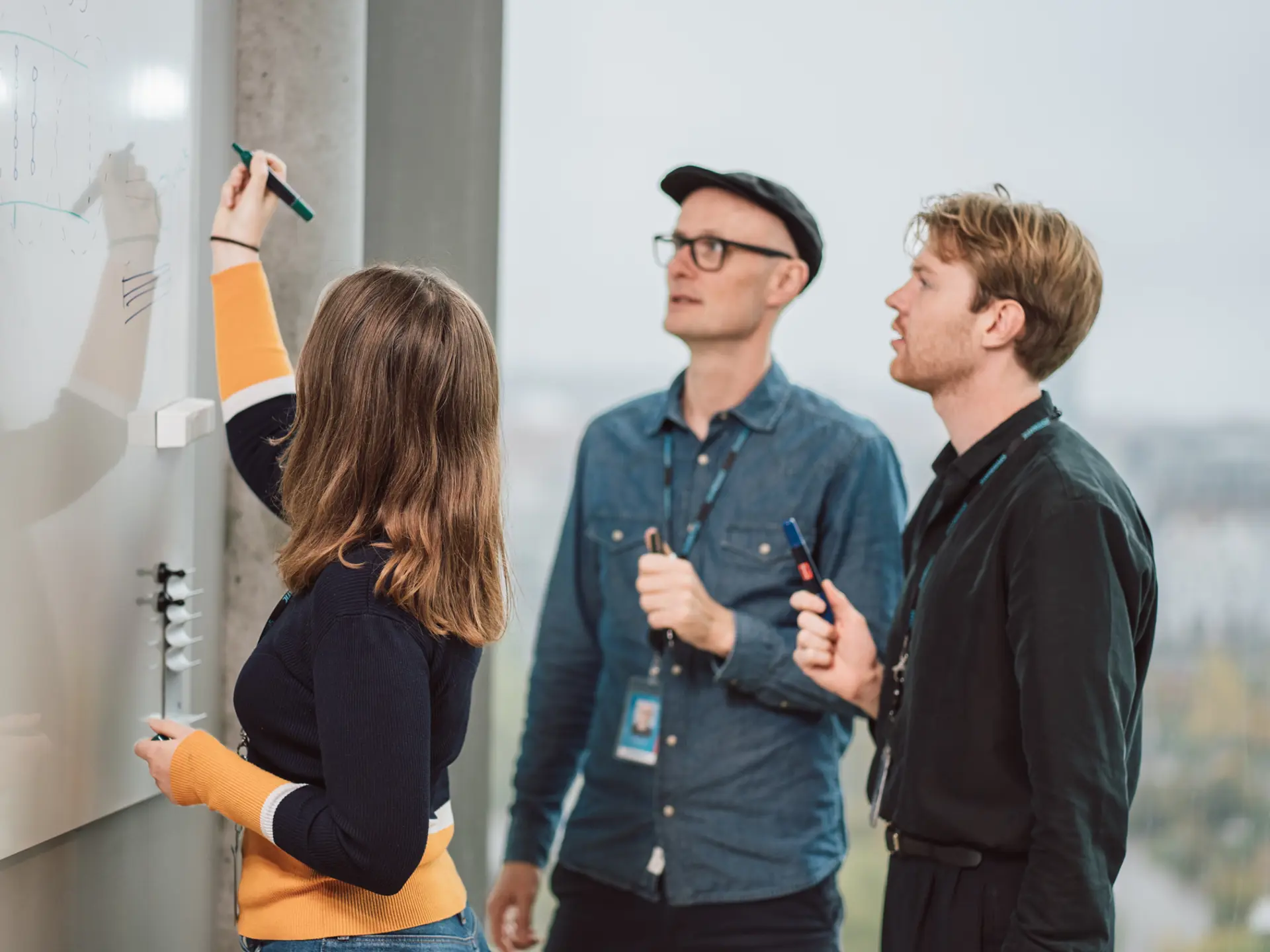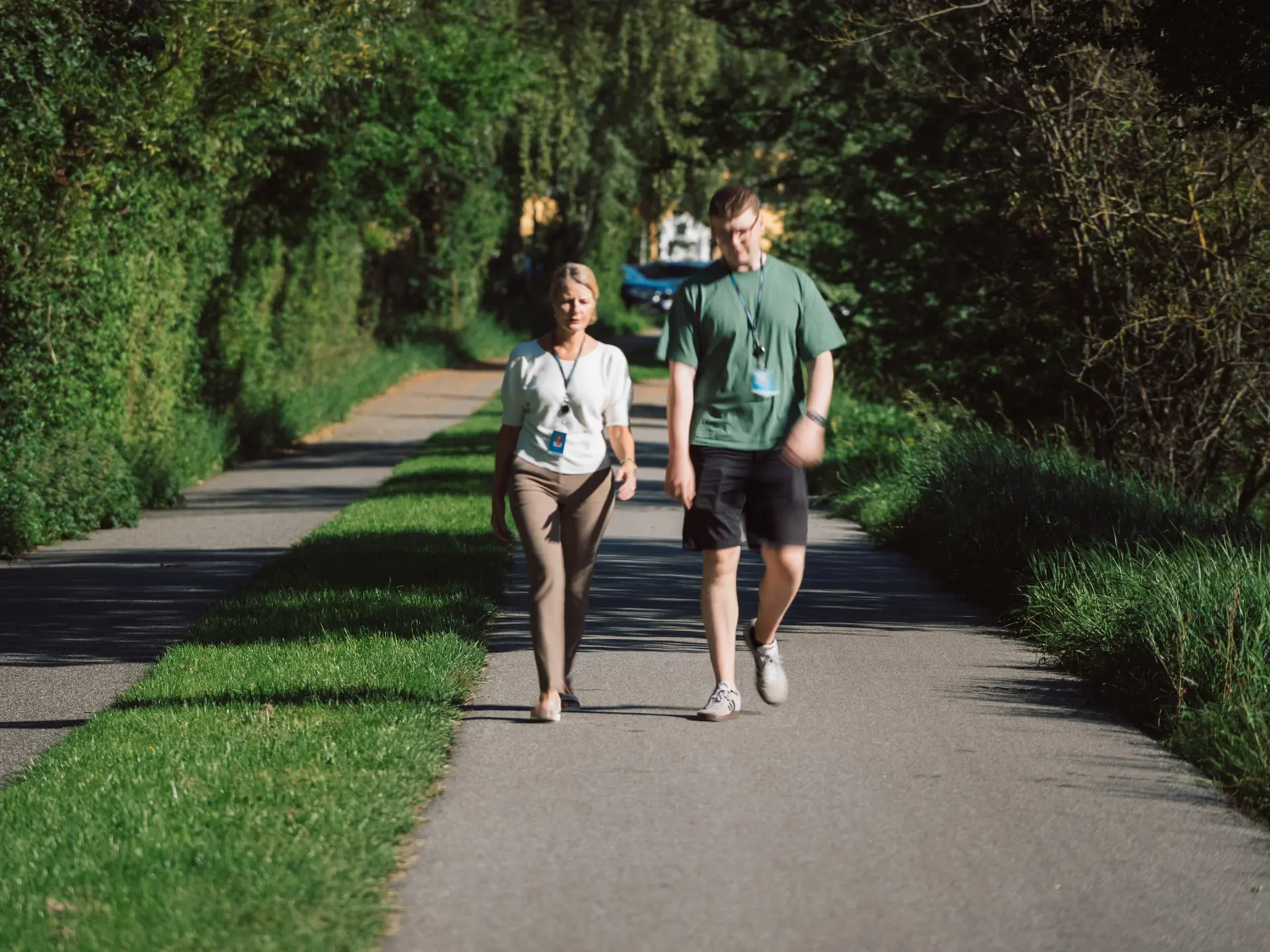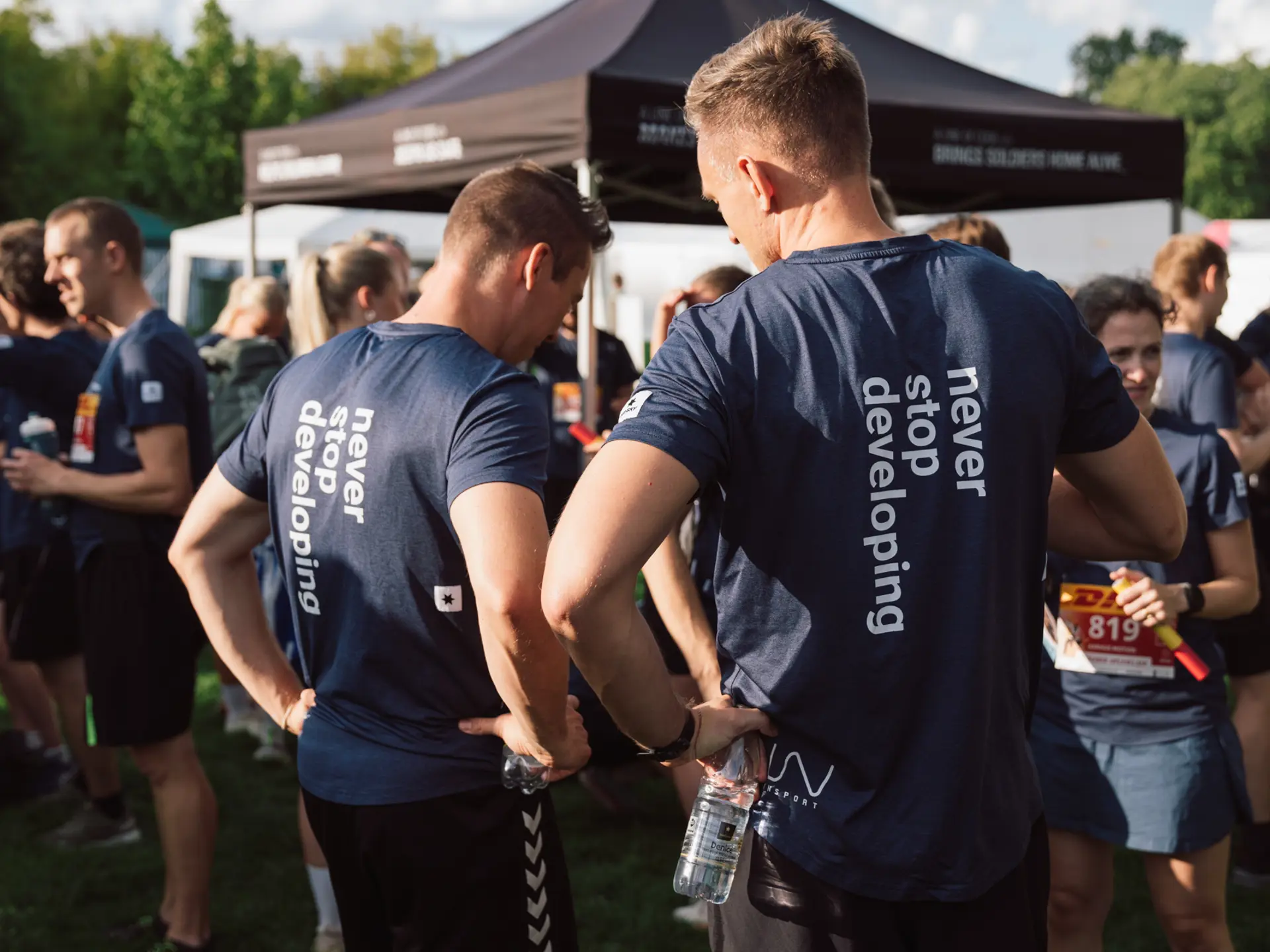Anne wasn’t sure how to use her anthropology degree. Then she discovered IT
If you think the teams behind great IT projects only consist of coders, think again. With a background in anthropology, Anne had no idea she could work in IT. It turns out that she’s the perfect person to ensure that the software matches real people’s skills and needs.
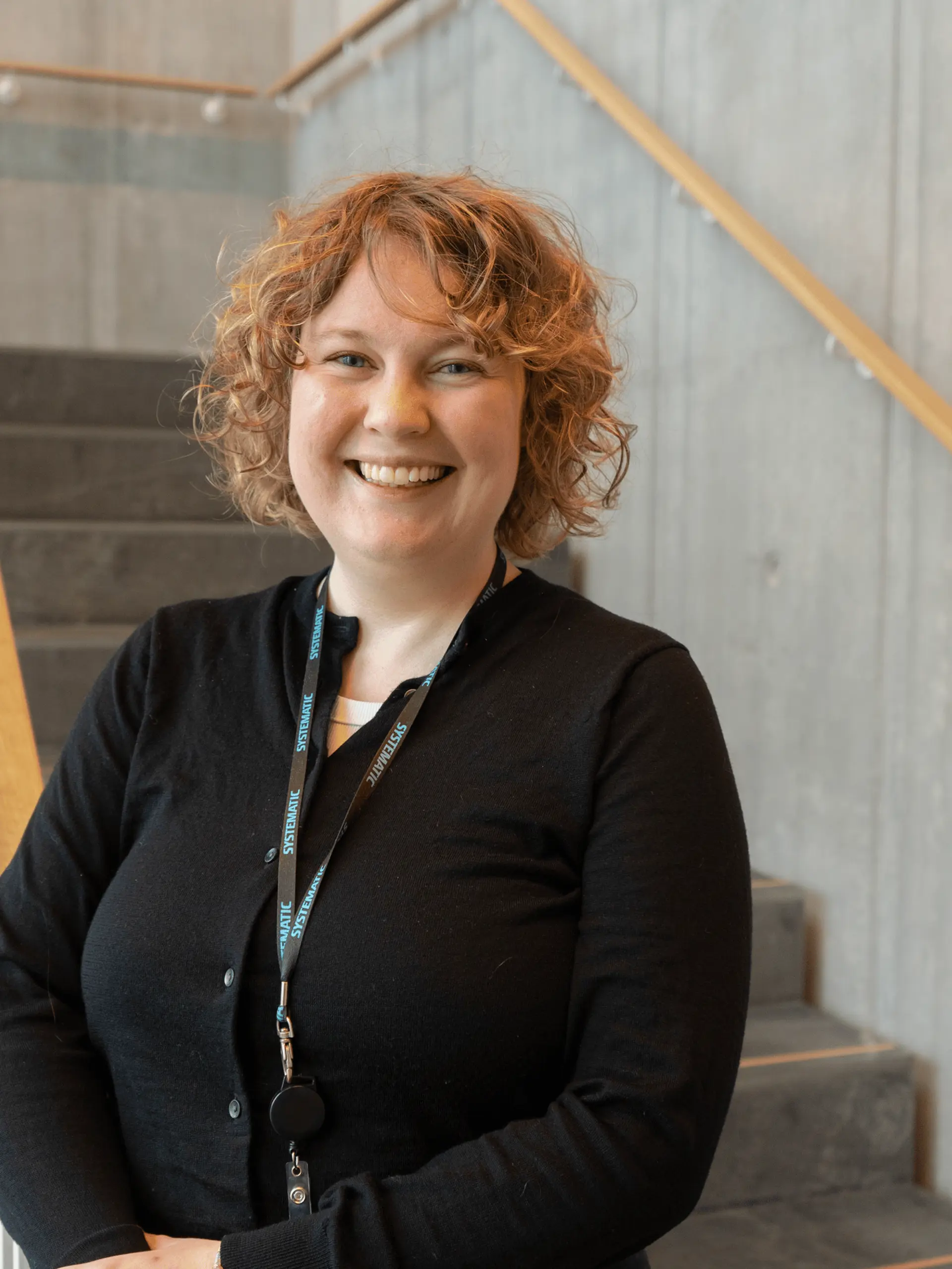
What’s the point of software and technology? If you ask Anne Riise, it’s simple: to help people live smarter, easier, and more enriching lives. But for IT to truly make a difference, you have to understand the people using it. With a Bachelor’s in anthropology and a Master’s in IT, Anne brings a unique perspective to the table.
“Sure, bits and bytes matter, but IT is more than coding. If software doesn’t align with how people actually work, it won’t be effective in real life. That’s where my humanistic skills come in handy,” Anne explains.
As a Senior Implementation & Support Consultant at Systematic, Anne helps libraries across Scandinavia and in Germany implement the company’s library software, Cicero. Once a contract is signed, she steps in. All the way from tailoring the system to the customer’s specific needs, over training the users, to ensuring a smooth go-live.
“We present a complete software solution, but a major library in a capital city has different needs than a small rural library. Training also varies; some librarians are tech-savvy, while others are used to more traditional methods. We have to consider these factors to give each customer the best possible experience with the software,” she says.
At the same time, Anne must ensure that customers’ requests are technically feasible, keeping one foot with the customer and the other with the software engineers.
Anne’s motivation to enter the IT industry started at home, where her family members eagerly complained when technology didn’t work.
When done right, IT is a game changer
That’s why Systematic employs domain experts, such as former doctors, care workers, soldiers, and librarians, who know the fields in which Systematic operates.
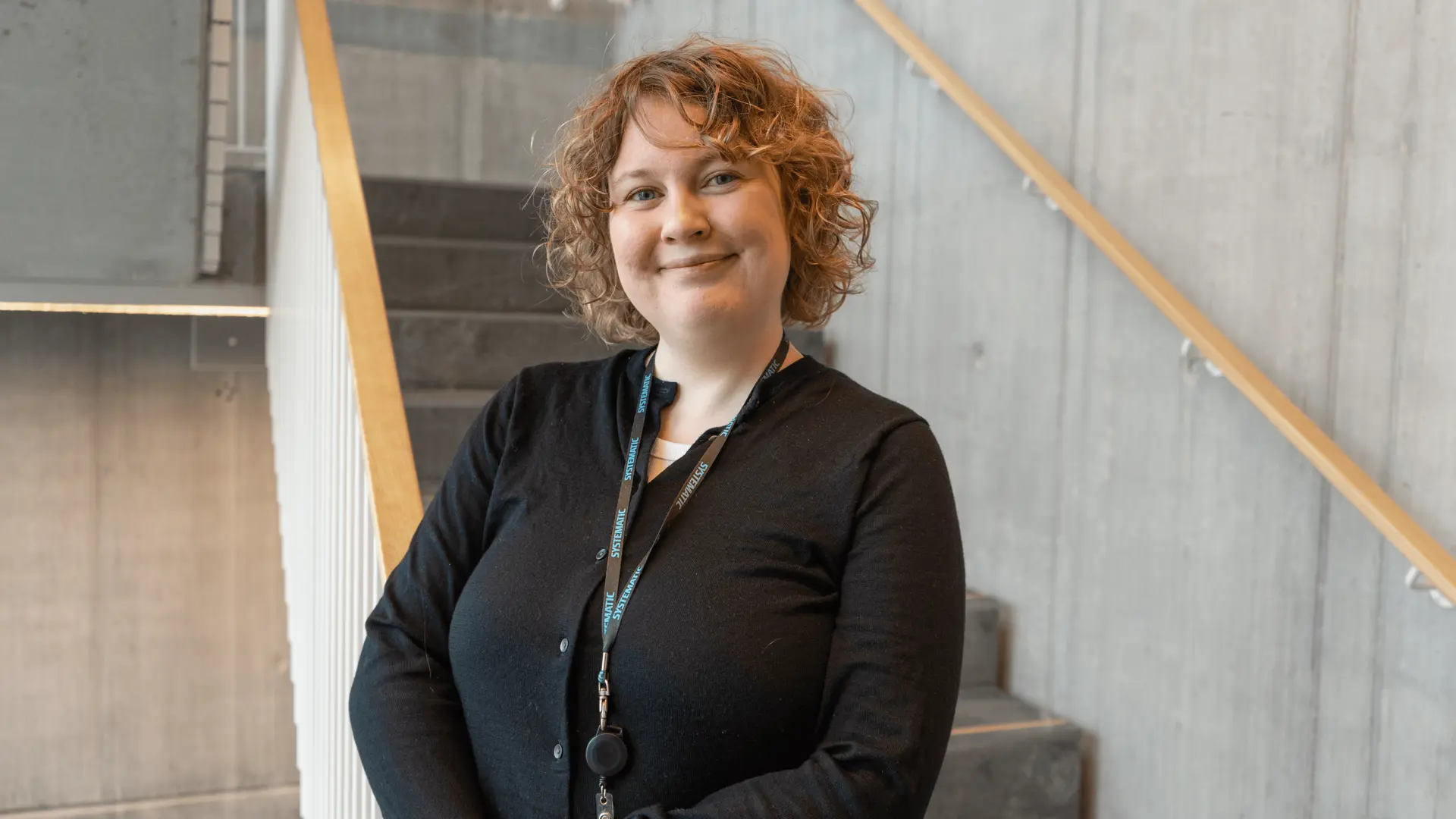
For Anne, it helps to picture a librarian named Birgitte logging into the system for the first time. Birgitte may be an experienced librarian but not necessarily tech-savvy. How does her brain process information? How should the system be designed to support her workflow instead of slowing her down?
“When IT is done right, it can be such a game changer for people in the ‘real world’. There’s so much potential to give people a good experience with IT and create something that can help people in their daily work, whether they work in healthcare, finance, culture, or elsewhere. There’s IT in everything,” she adds.
Know your options. You might be surprised
With a background in anthropology, Anne never imagined a career in IT. She simply didn’t know it was an option.
“I had no idea the IT industry needed people with my skill set. Turns out, social and human science graduates bring so much to the table. We’re a great counterpart to the tech professionals,” Anne says.
After finishing her bachelor’s, she considered how she wanted to apply her expertise to the job market. A former university tutor inspired her to pursue a Master’s in IT Design and Application Development, which turned out to be the perfect fit.
“There are some really great Master’s programmes for people without an IT-related Bachelor’s. Of course, not everyone needs to work in IT, but it’s a shame if people don’t even realise it’s an option for them. I can only recommend that you keep an open mind and investigate all your options. You might be surprised at what resonates with you,” she smiles.
Anne Riise’s CV
Work history
- 2025 – now: Senior Implementation & Support Consultant, Systematic
- 2024 – now: Member of Board, Systematic Employees Club
- 2023 – 2025: Implementation & Support Consultant, Systematic
- 2022 – 2023: Customer Operations Junior Consultant, Systematic
Education
- MSc in IT (cand.it). IT Design and Application Development, Aalborg University
- Bachelor’s degree in Anthropology, Aarhus University


